Artificial intelligence (AI) is a changing field, and machine learning (ML) and deep learning (DL) have become innovation leaders, driving the revolution in industries and redefining the lives and workplaces of humans. With the increased demand of qualified individuals in any of these fields, widespread interest in becoming a data scientist, an engineer, or a fan of AI is growing at an ever-increasing rate, and the most common question one would ask is: Should I choose to study Machine Learning or Deep Learning?
On the one hand, they are all AI under the broader term. On the other hand, machine learning and deep learning are different in terms of complexity, use, and skills involved. Knowledge of such differences will enable you to make the appropriate choice in view of your interests, career objectives and background.
What Is Machine Learning?
Machine learning is a subset of AI that enables computers to learn from data, recognize patterns, and make decisions with minimal human intervention. Traditional ML models include algorithms such as:
- Linear and logistic regression
- Decision trees and random forests
- K-nearest neighbors (KNN)
- Support vector machines (SVM)
- Naive Bayes
ML is applied to structured data and regular access to domain expertise is often needed to solve the problem of feature engineering or choosing the correct input values to use in a model. It finds broad application in such applications as spam filtering, check fraud detection, recommendation engines, and predictive analytics.
What Is Deep Learning?
Deep learning, however, is a subset of machine learning, which takes its learning mechanism of imitating the brain to an artificial neural network. Such networks are composed of various layers (this is why they are called deep) and able to automatically extract complex features out of raw data.
DL is particularly powerful for:
- Image and speech recognition
- Natural language processing (NLP)
- Autonomous vehicles
- Healthcare diagnostics
- Real-time translation
Such deep learning models as Convolutional Neural Networks (CNNs), Recurrent Neural Networks (RNNs), and Transformers are also able to process huge amounts of unstructured data including images, audio, and text, but without any explicit feature engineering.
Key Differences at a Glance
| Feature | Machine Learning | Deep Learning |
| Data Requirements | Works well with smaller datasets | Requires large volumes of data |
| Hardware Needs | Can run on traditional CPUs | Needs high-performance GPUs |
| Feature Engineering | Requires manual feature selection | Learns features automatically |
| Interpretability | Easier to interpret | Often a “black box” |
| Training Time | Faster training | Slower, due to complexity |
| Applications | Tabular data, predictive models | Complex tasks like vision and NLP |
Which Career Path Is Right for You?
Choose Machine Learning If:
- You are beginning your journey in data science or AI.
- You enjoy working with structured data (e.g., spreadsheets, databases).
- You want to focus on explainable and interpretable models.
- You aim to apply AI in traditional industries like finance, marketing, or logistics.
- You’re interested in quicker deployment and prototyping.
ML is a great starting point and forms the foundation for any AI-related career. It provides essential knowledge of statistics, probability, and algorithmic thinking that is transferable across multiple roles such as data analyst, ML engineer, or AI consultant.
Choose Deep Learning If:
- You have a strong background in mathematics and programming.
- You are interested in cutting-edge technologies like self-driving cars, facial recognition, or language models.
- You’re excited by working on big data and high-computation tasks.
- You aspire to work in research, academia, or innovation-driven roles.
Deep learning roles are more specialized and often require proficiency in tools like TensorFlow, PyTorch, and deep neural network architectures. Careers in DL may include roles like AI researcher, computer vision engineer, NLP scientist, or data scientist at tech-forward companies.
Career Opportunities and Salary Prospects
Both ML and DL offer high-demand job roles with lucrative salaries. According to various global reports:
· Machine Learning Engineers can expect average salaries ranging from ₹74 lakhs to ₹1.08 crores per year, depending on experience and location.
· Deep Learning Engineers or AI Specialists can command even higher salaries, especially in research or advanced applications, often exceeding ₹1.25 crores annually.
The maximum pay given to entry to mid-level ML engineers is between 6 and 12 lakhs per year, and expert ones or who have application in deeper learning can be given above 20 lakhs, especially in high technology or MNCs. The demand in such spheres as healthcare, automotive, fintech, and cybersecurity is high.
Where to Begin Your Learning Journey?
It does not matter if you want to choose machine or deep learning, what matters is to create an excellent foundation and keep uplifting your skills. In case you want a codified, practical, and industry-related learning process, Techmindz provides numerous courses both in ML and DL. You can use their training with experienced experts, real-life projects and placement services to accelerate your AI career. You might be a student, a professional who would like to change his career, or a person who is interested in AI worldwide; Techmindz focuses on teaching and mentoring to help you to achieve great results in this challenging market.
A career in machine learning and deep learning is both rewarding, and challenges and opportunities are involved in each of them. The decision on your interest depends on your experience level and the kind of problem you are willing to solve. Get a foundation and get exposure to both areas and make some worthy investment in a good learning platform such as Techmindz and develop your AI career with confidence.

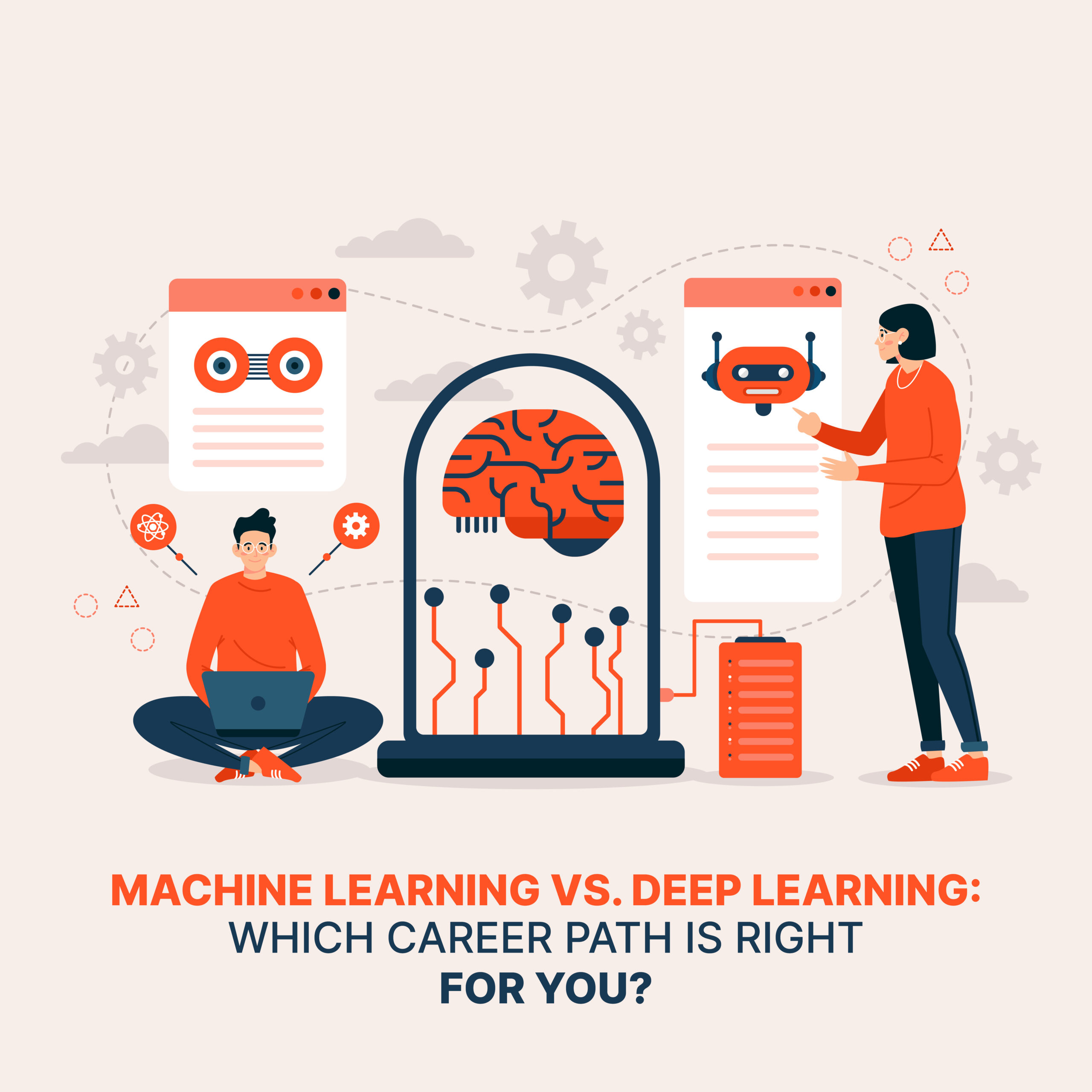


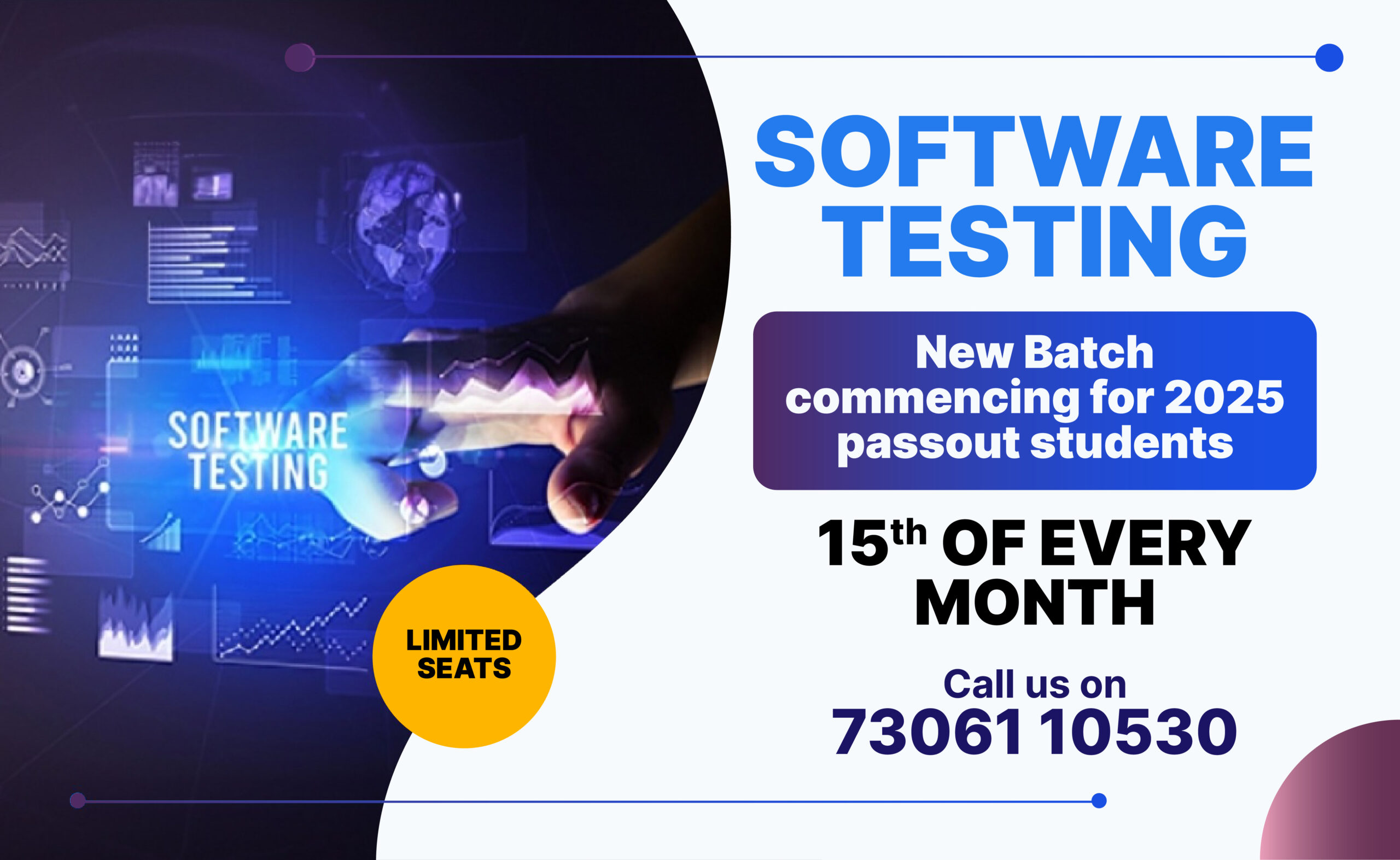

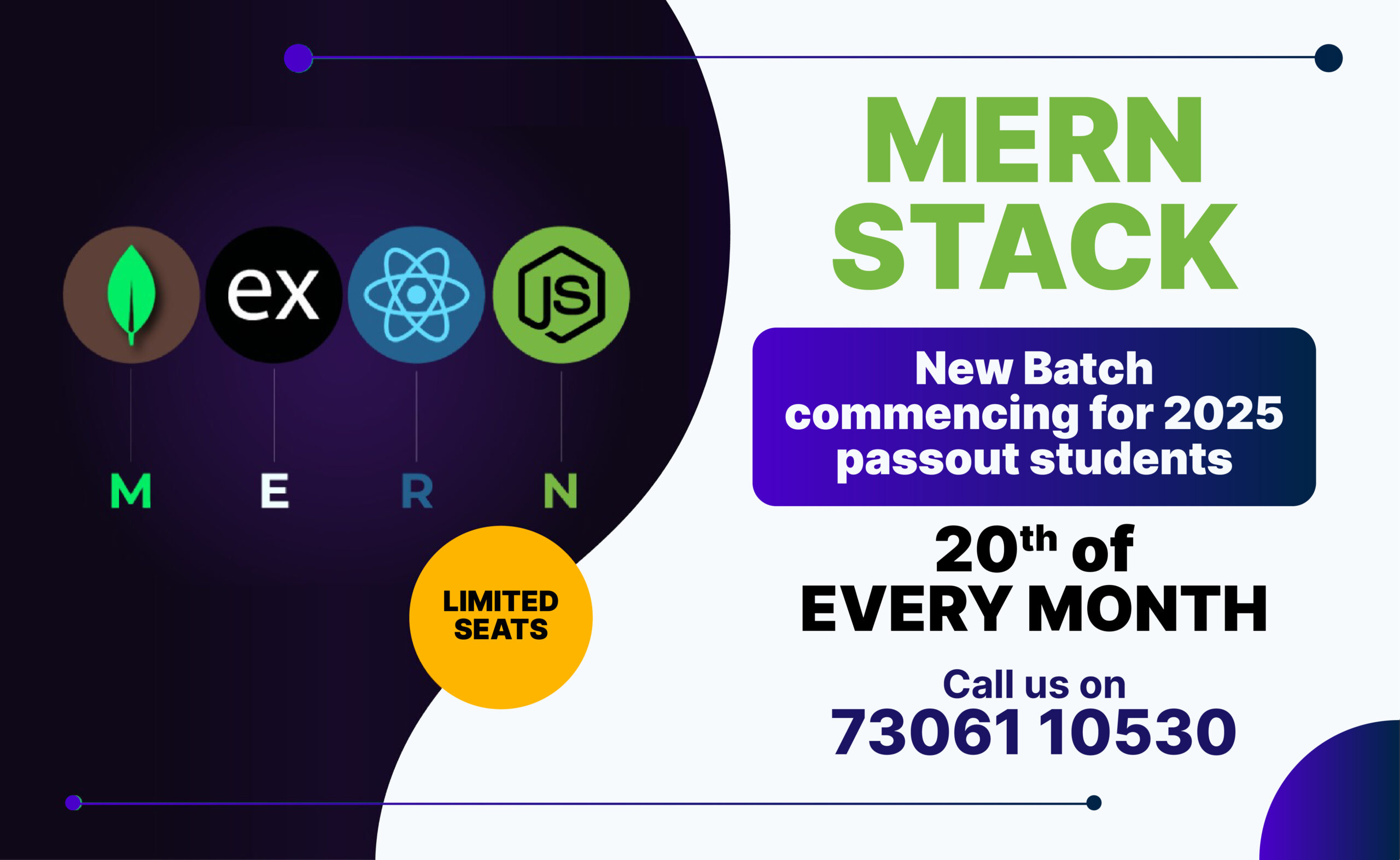

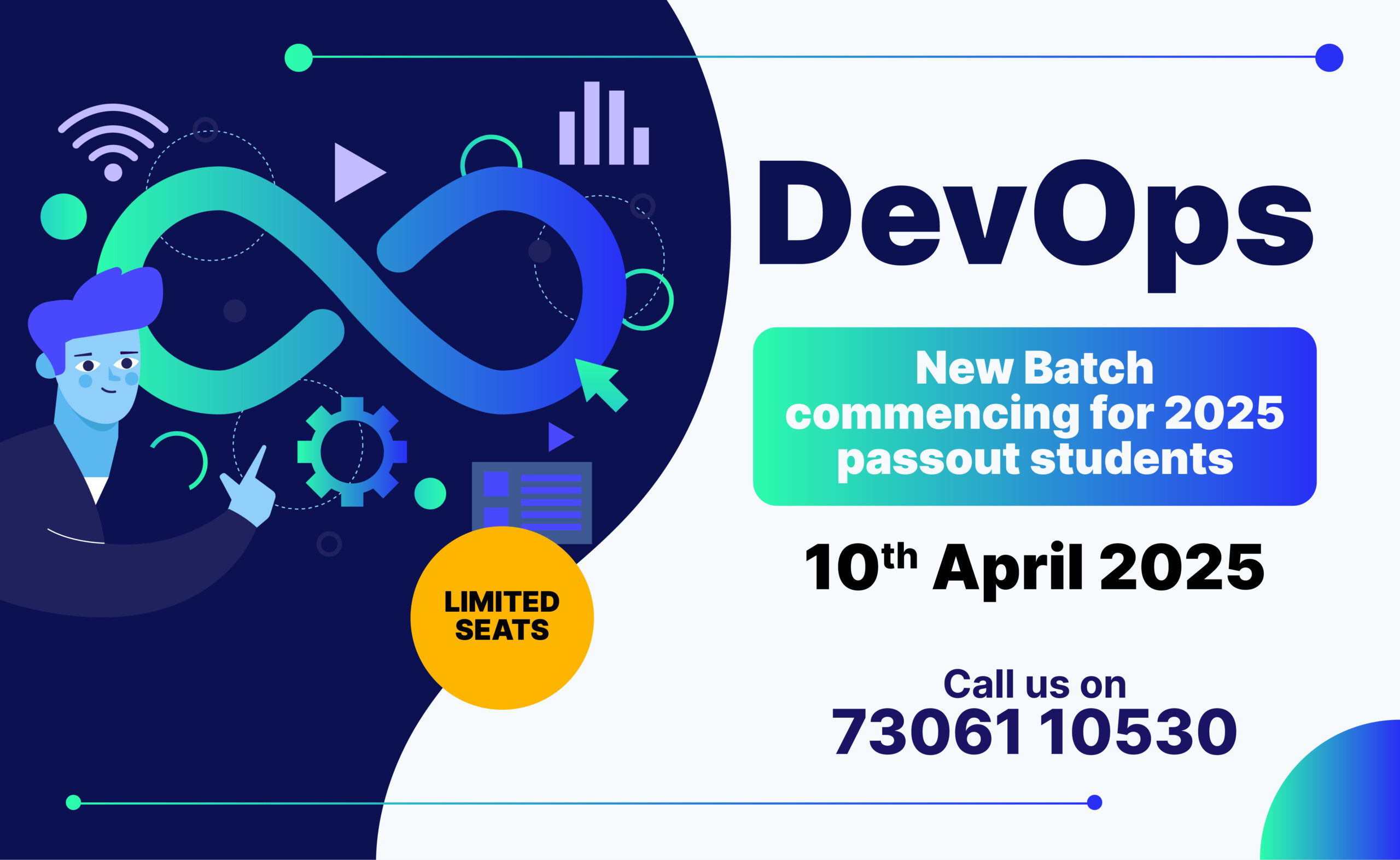

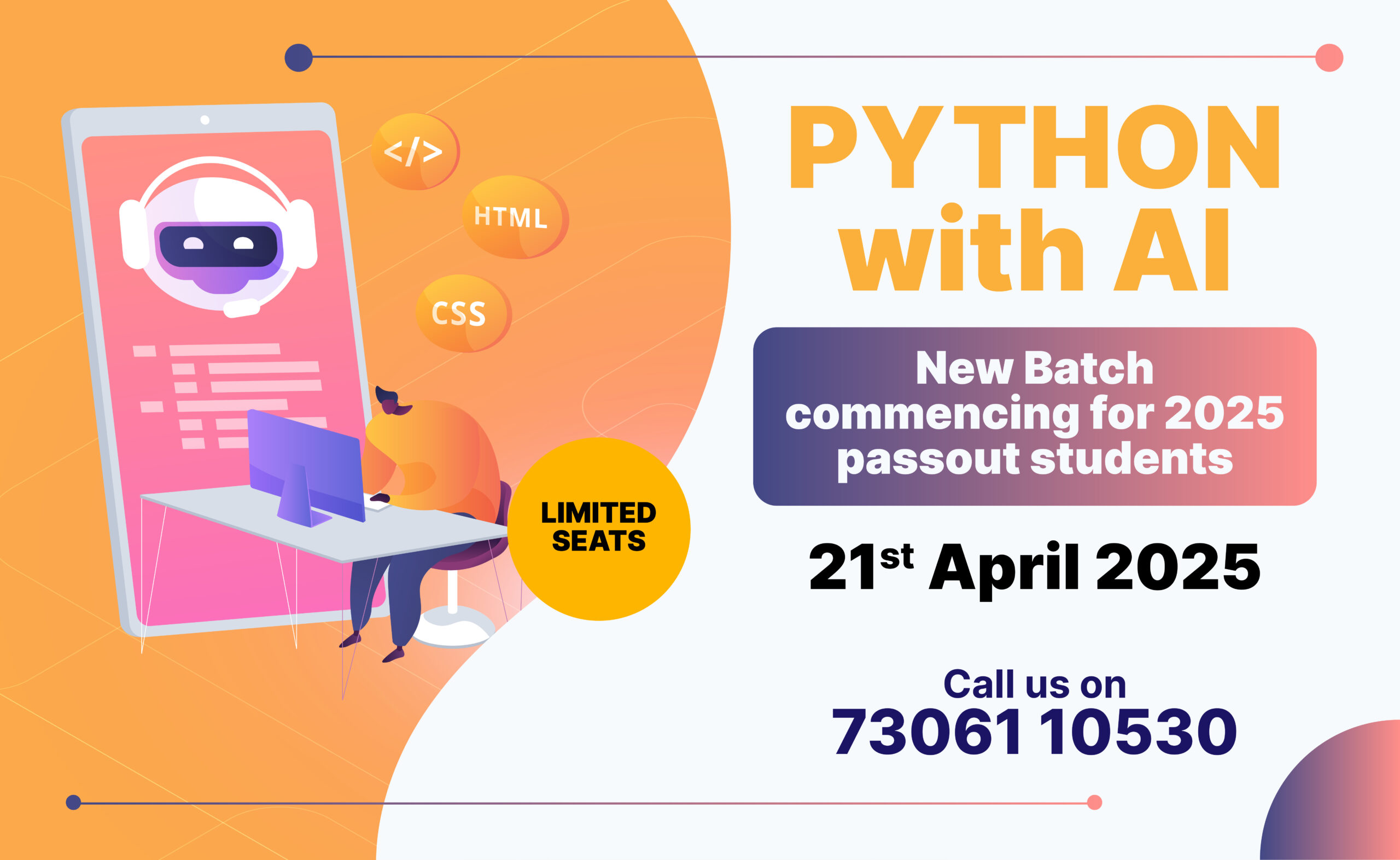
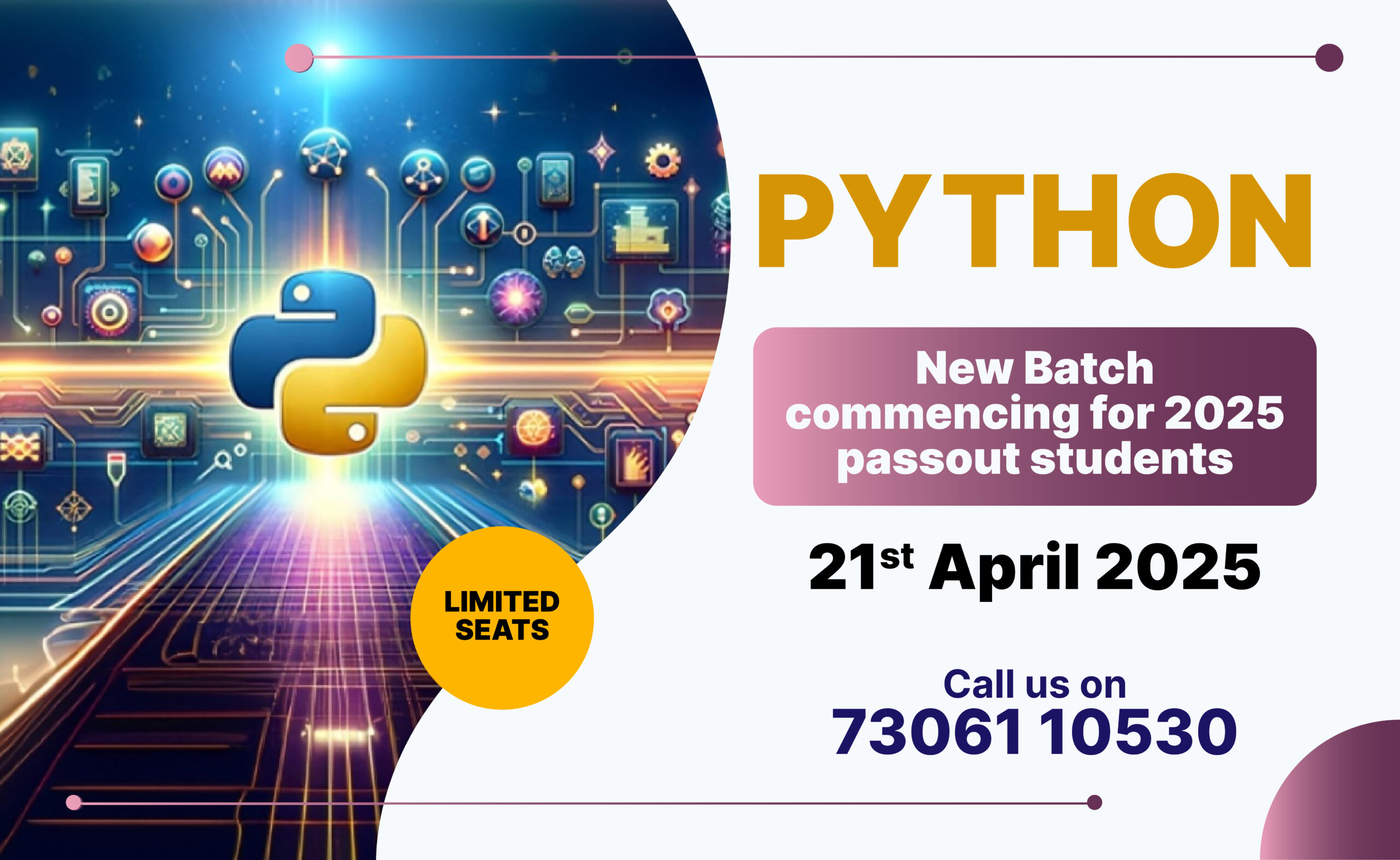
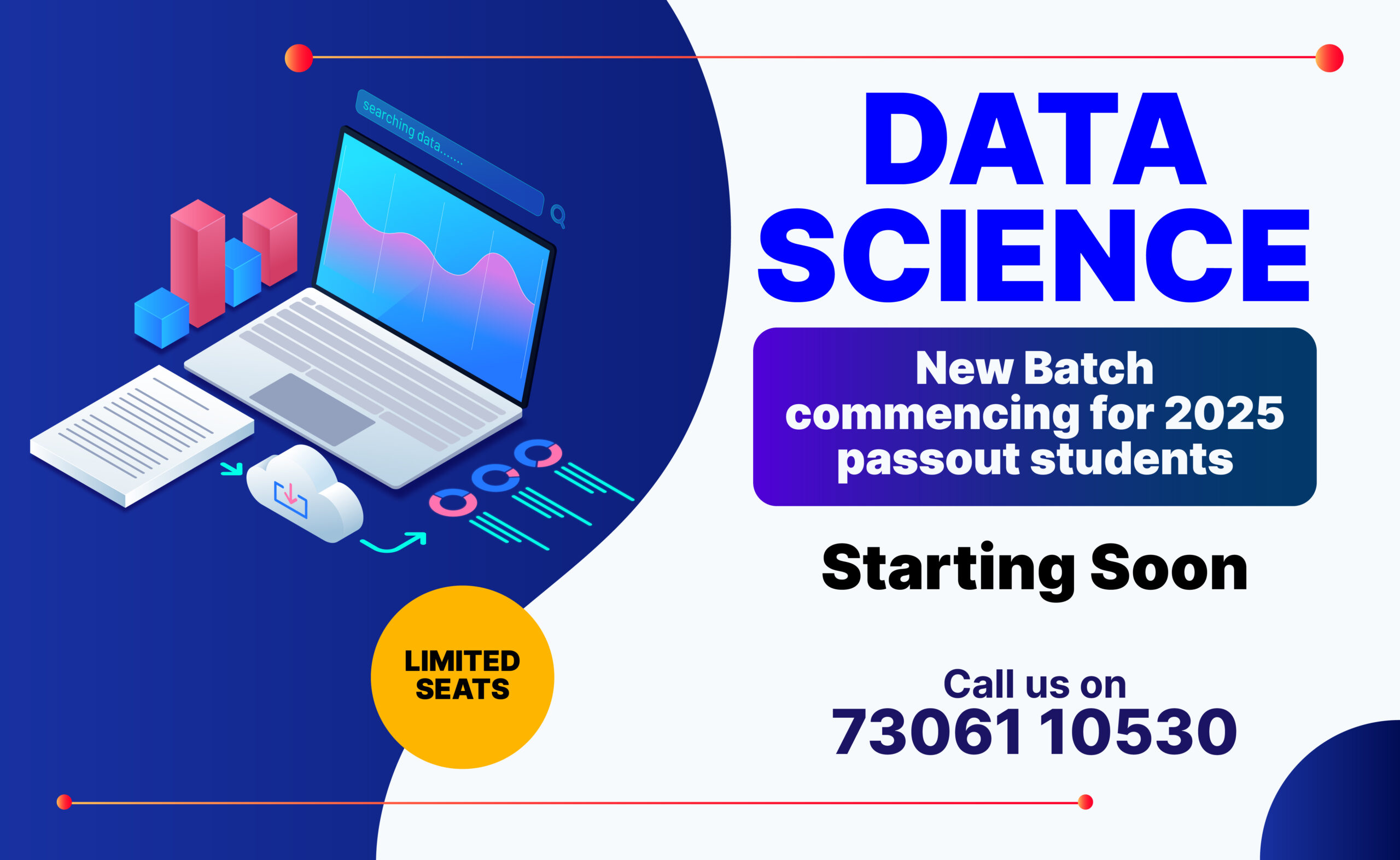

0 Comments